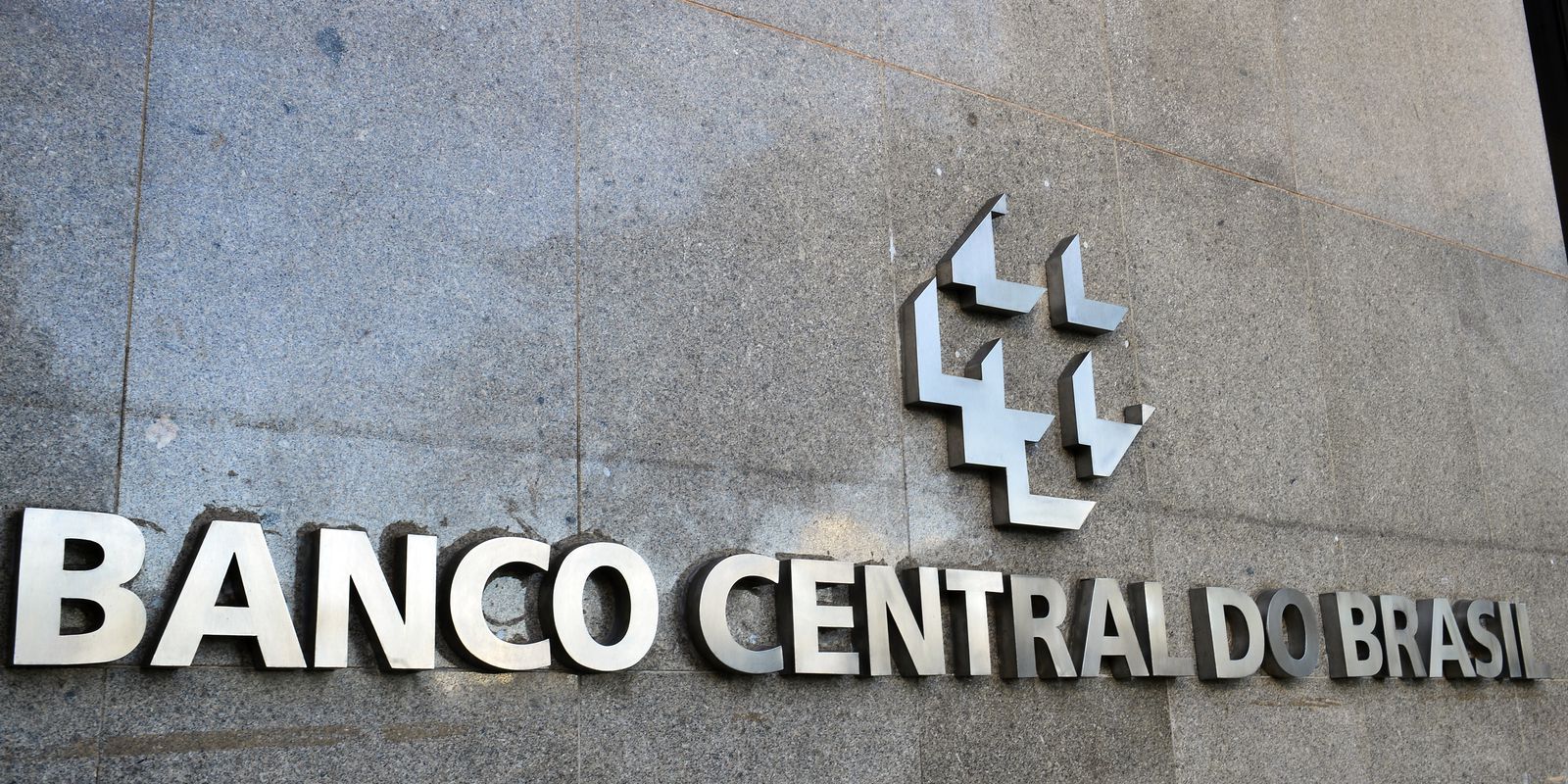As of January 1st, financial institutions must standardize the way in which they record carbon credits and other sustainability assets. The Central Bank (BC) published today (21) the Normative Instruction to regulate the accounting of financial instruments linked to climate and socio-environmental sustainability mechanisms.
In a note, the BC informed that the measure will contribute to the growth of these operations by defining the criteria for how these assets are recognized and classified in the balance sheets of financial institutions. According to the agency, the regulation will also increase transparency in the sector.
“The measure aims to provide greater transparency to the use of these assets by financial institutions, as well as to resolve any uncertainties and standardize their accounting records, so that the BC can monitor the sustainability assets held by these institutions in their investment portfolios, follow the evolution of the market and, when necessary, adopt measures in a timely manner”, said the BC in a note.
Among the sustainability assets are carbon and decarbonization credits, instruments used when a carbon dioxide emitter wants to finance projects. The regulation establishes that these assets will be classified depending on how they will be managed by the financial institution.
Record
If purchased for future sale and for the generation of profits based on changes in market prices, the sustainability asset carried at fair value (value at the time of the balance sheet), with gains and losses included in the calculation of profit or loss quarterly losses. If the institution purchases the asset to use in its own activities, it will be measured at the lower of the purchase cost and fair value, the lower amount prevailing.
The two forms of registration are provided for in resolutions of the National Monetary Council (CMN) edited last year. If they do not follow the model, financial institutions that register in another way must update the values. If they are listed under other accounting headings, the assets must be reclassified as of January.
The normative instruction also regulates the registration of any obligations, legal or not, assumed by financial institutions when buying or selling sustainability assets. The commitments must be registered in the accounting titles destined to the provision for contingencies (reserve for contingencies). According to BC, all criteria are in line with the best international accounting practices.

















